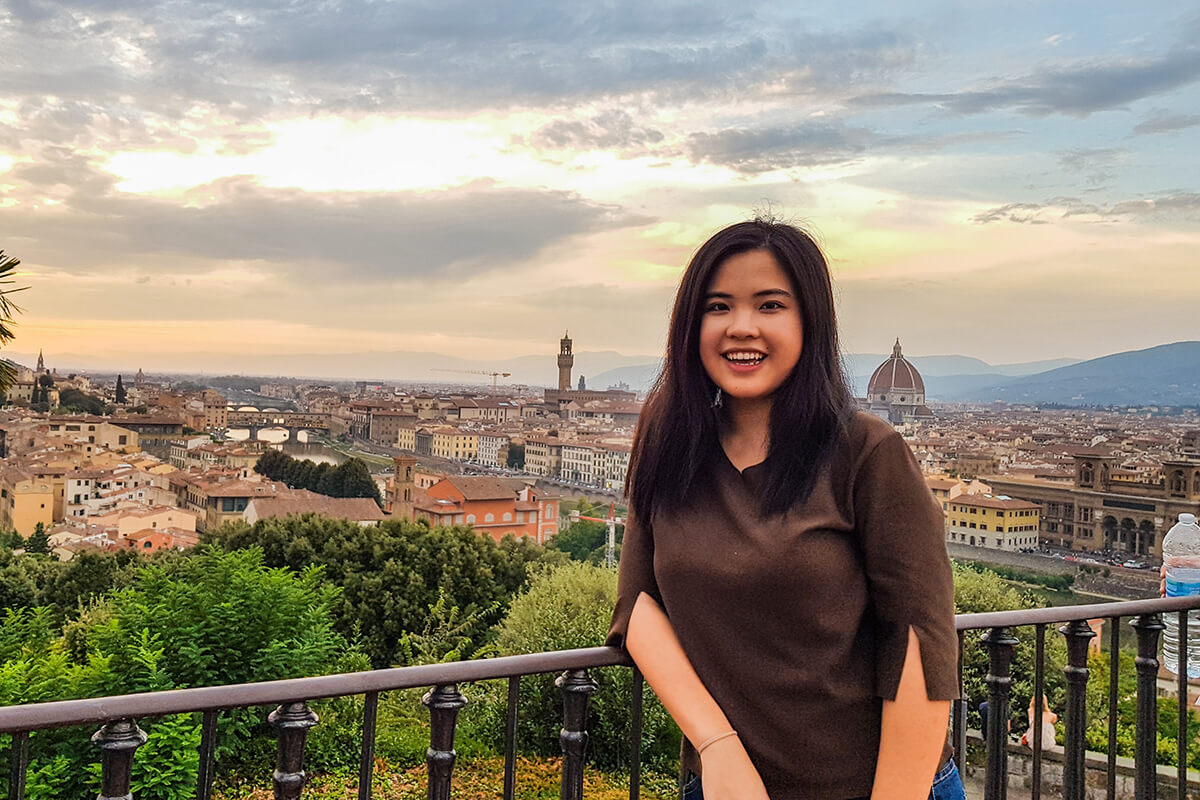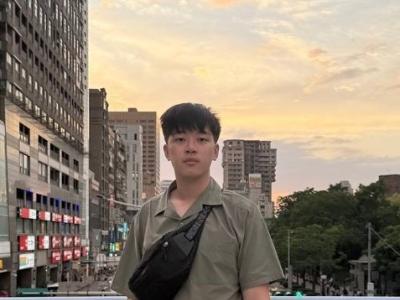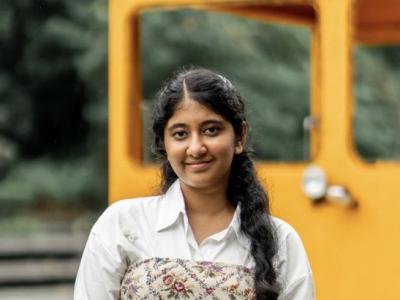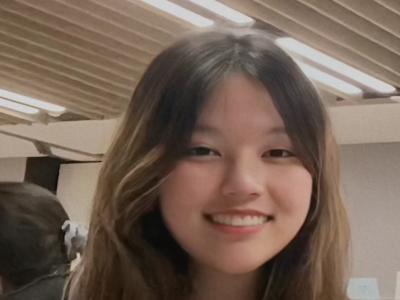
Ng Kok Yin is in her final year of her Bachelor of Social Science (major in Politics, Law & Economics (PLE)). Her story is especially relevant to students that have a wide range of academic interests and are excited to get involved with extracurricular activities on campus. We interviewed her to learn more about why she chose SMU, and what she’s gained from the experience.
What influenced you to pursue your degree? What excites you intellectually?
I was in my second year of Junior College when SMU announced it would start offering Politics, Law & Economics (PLE) as a major under the School of Social Sciences. I remember getting a text from my peers telling me that this course was a great fit for me. Back then, I was still confused about what I should pursue in university. I had diverse interests, with Economics and China Studies (specifically the political and socio-economic situation in China) being my favourite subjects in school. Should I pursue Economics? Or perhaps study Political Science? In fact, I also participated in the Junior College Law Academy programme which exposed me to working in the legal sector. This built up my interest in Law as well. So it was my interest in studying these disciplines that influenced me to pursue a major in PLE.
I enjoy reading and discussing current affairs. Back in Junior College, I was actively participating in the Model United Nation (MUN) Conferences. Through these conferences, I was exposed to the importance of having a multi-disciplinary approach to solving real-world problems. For instance, I was once in the Transnational Security Council representing Indonesia as a delegate. The problem at hand was about managing the rise of terrorism in ASEAN. To manage this issue, you would need to understand the different political interests of the nations involved in order to achieve their cooperation. In MUNs, we needed to pass resolutions which serve to outline the actions to be undertaken by the different nations and their commitments in tackling the problem. This required some understanding of international law. Furthermore, many of these resolutions promote programmes that would require funding. This thereby requires an economic understanding of the ASEAN region. In a way, my participation in MUNs provided the foundation for me to pursue PLE later on in University as I was able to see the value of studying the three disciplines together.
Did you consider any other schools? If so, why did you ultimately choose SMU?
During my university application, I also applied for NTU Business and NUS Faculty of Social Sciences (FASS). Choosing SMU was an easy choice for me. I enjoy speaking up in class and engaging in discussions as I believe that this allows me to develop my own stance on issues at hand. Therefore, SMU’s seminar-style provided me with a platform that suited my style of learning. Furthermore, the PLE course was unique in its multidisciplinary approach which is not found in the other universities.
How would you describe your experience in your programme at SMU?
My experience in SMU has been exhilarating and if I could choose just one reason why, it would be all thanks to the professors. I have been very fortunate as the professors that I have met have all been extremely passionate and supportive. Personally, I believe that this learning process is only possible due to SMU’s belief in interactive pedagogy, which means that the professors can better engage their students in their teaching. When you are surrounded by people who believe in what they teach, you can feel it. The passion is passed on to us like a baton.
What has been your favourite course so far, and why?
My favourite course so far has been LAW301, Legal Theory & Philosophy. The focus of the course explores the nature of law and its relationship with justice, morality and politics. Law underpins our society and our everyday lives, yet the power to determine laws are limited in the hands of a few. Therefore, it is important to understand and explore the different philosophies that guide these legislative and judicial processes. Interestingly, I took this course together with POSC219 Political Theory, which explores the nature of politics and governance. Studying the philosophies and concept behind the different political philosophers helps to gel the whole picture of law, society and governance together.
What type of co-curricular activities are you involved with?
SMU offers a huge variety of co-curricular activities and I have been involved in I-Sports (which participates in Poker and Japanese Mahjong Tournaments), Gourmet Club (which explores the different cuisines in Singapore), Fintech Club (which aims to educate and develop further research on the Fintech space in Singapore) and The Mentoring Circle (which serves as a community that helps each other through peer mentoring).
Have you had internships? If so, how did you search for internship opportunities?
I have been fortunate to have participated in two internships in my last two summer breaks. In my first summer break, I joined the CYMCA’s Global Y Explorer programme in Hong Kong. I found this internship through an emailer sent to my SMU email. It was sent by Uni-Y, a community service CCA in SMU that works closely with YMCA. As for my second summer break, I joined the Ministry of Health (MOH) for my internship. I am a scholarship recipient from MOH and thus was offered the internship directly.
What are your career aspirations?
I am currently under the Singapore-Industry Scholarship (SGIS): Healthcare Administrative Scholarship. Therefore, I plan to work in the Ministry of Health as a Public Policy Planner or Analyst. I believe that my PLE major provides me with the foundation necessary to tackle problems as a policy planner.
How has SMU helped prepare you for this type of career?
Under the PLE major, we are offered four different specialisations to choose from. One of the specialisations offered is Public Policy and Governance. I have chosen to specialise in this area which offers relevant skill sets necessary as a policy analyst/planner.
How are you financing your education? What resources did you use to learn about financing options?
I am currently under the Singapore-Industry Scholarship (SGIS): Healthcare Administrative Scholarship. Therefore, I am fortunate enough to have a scholarship to finance my education.
Are there any resources that would help you with career development that you’re not currently getting?
SMU has provided many resources such as the Finishing Touch Workshop (FTW), as well as mentoring programmes such as the Alumni Mentoring Programme, where I was able to match with an alumni to provide me with career advice. However, if I were to point out a limitation, there is actually a limited number of alumni working in the government sector—especially in the Ministry of Health. Therefore, I was unable to reach out to an alumni in MOH through SMU.
Where do you see yourself in 5 years?
I see myself coming back to SMU as an alumna with hopes that I am able to help my juniors just as my seniors did for me. As someone in the first batch of the PLE major, I relied heavily on the advice of my seniors and alumni.


